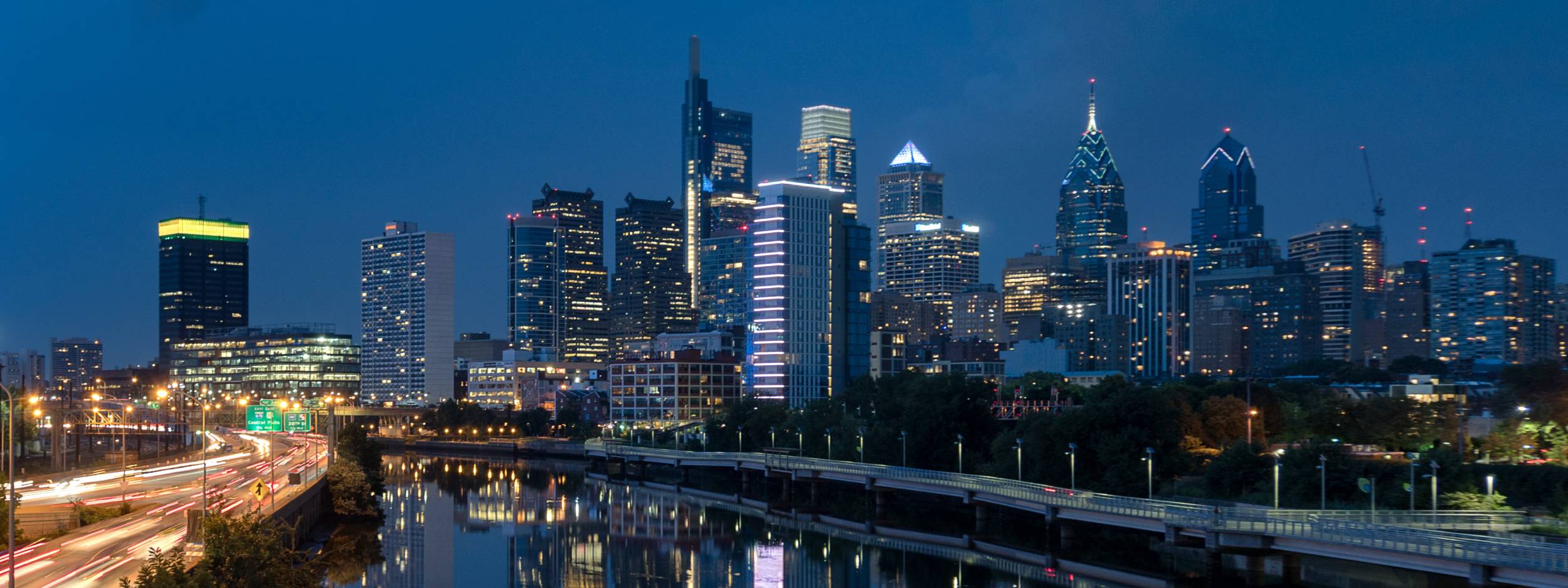
By Alexandra Kroger 6/25/2019
On June 6th, the Philadelphia chapter of Women in Renewable Industries and Sustainable Energy (WRISE) joined 12 chapters across North America to celebrate the annual “WRISE Week,” a weeklong celebration of the organization that is held in early June each year. This was my first year organizing the event as chapter President, and I couldn’t have hoped for a better result. The TEDTalk evening was held at Han Dynasty in Old City, and featured a presentation on sustainable energy project financing and education by Shannon Crooker, the director of Pennsylvania’s Sustainable Energy Fund (SEF).
SEF is a non-profit organization that was created in 1999 by a Pennsylvania Public Utility Commission settlement as the state’s electricity market was undergoing deregulation. The objective of SEF is to address and mitigate the “financial, educational and regulatory barriers to a sustainable energy future.” Shannon’s presentation focused on detailing the three strategies that SEF uses to combat those barriers:
Program-related Expenses: These investments are not unlike those that might be made by energy service companies (ESCOs), where the goals are reduced energy consumption, energy cost savings and risk mitigation. Yet while the ESCO market tends to focus on large-scale energy service projects, SEF’s focus is primarily on the small commercial market, for projects costing between in the thousands of dollars to up to a million dollars. SEF facilitates the energy savings agreement (ESA) between the client and the contractor, and also provides clients with information on energy financing options like third party funding (loans, purchase agreements, performance contracts, etc.)
Special Projects: SEF has played a key role as a program administrator for such public-private partnerships as Solarize Lehigh Valley and the Pennsylvania Property Assessed Clean Energy Program for commercial entities (PA C-PACE). Similar to Solarize Philly, the goals that SEF worked on in Solarize Lehigh Valley were the reduction of solar panel installation costs and community education, to increase solar energy deployment in the region. PA C-PACE was enabled through a 2018 state law that allows local governments to establish programs for the financing of energy efficiency and clean energy projects through loans that are repaid as part of property tax assessments.
Education: Beyond direct education to its clients, SEF’s educational programming includes such events and activities as EnergyPath and Sustainable Energy Education Workshops. EnergyPath is the seminal conference event organized by SEF each year, and this year’s event, taking place on July 25th at DeSales University, will focus on the theme “Financing the Energy Future.” Shannon also noted that expansion of regular education programming is a current goal of the organization.
Shannon’s presentation was fascinating and exciting – it’s great to know that Pennsylvania has an organization like SEF to facilitate sustainable, future-oriented energy projects. And, a key message that came through during the evening was the community principle and how it informs SEF’s sustainability mission. Having started as a ratepayer-funded endowment, the story of place and community responsibility are foundational to SEF’s work. Being lucky enough to work at a community-focused organization like The Energy Co-op and having a leadership role at an organization like WRISE, I am inspired by SEF’s work and story, and hope to similarly serve the communities that I am working for, from Philadelphia’s clean energy women, to the membership of The Energy Co-op, and beyond.